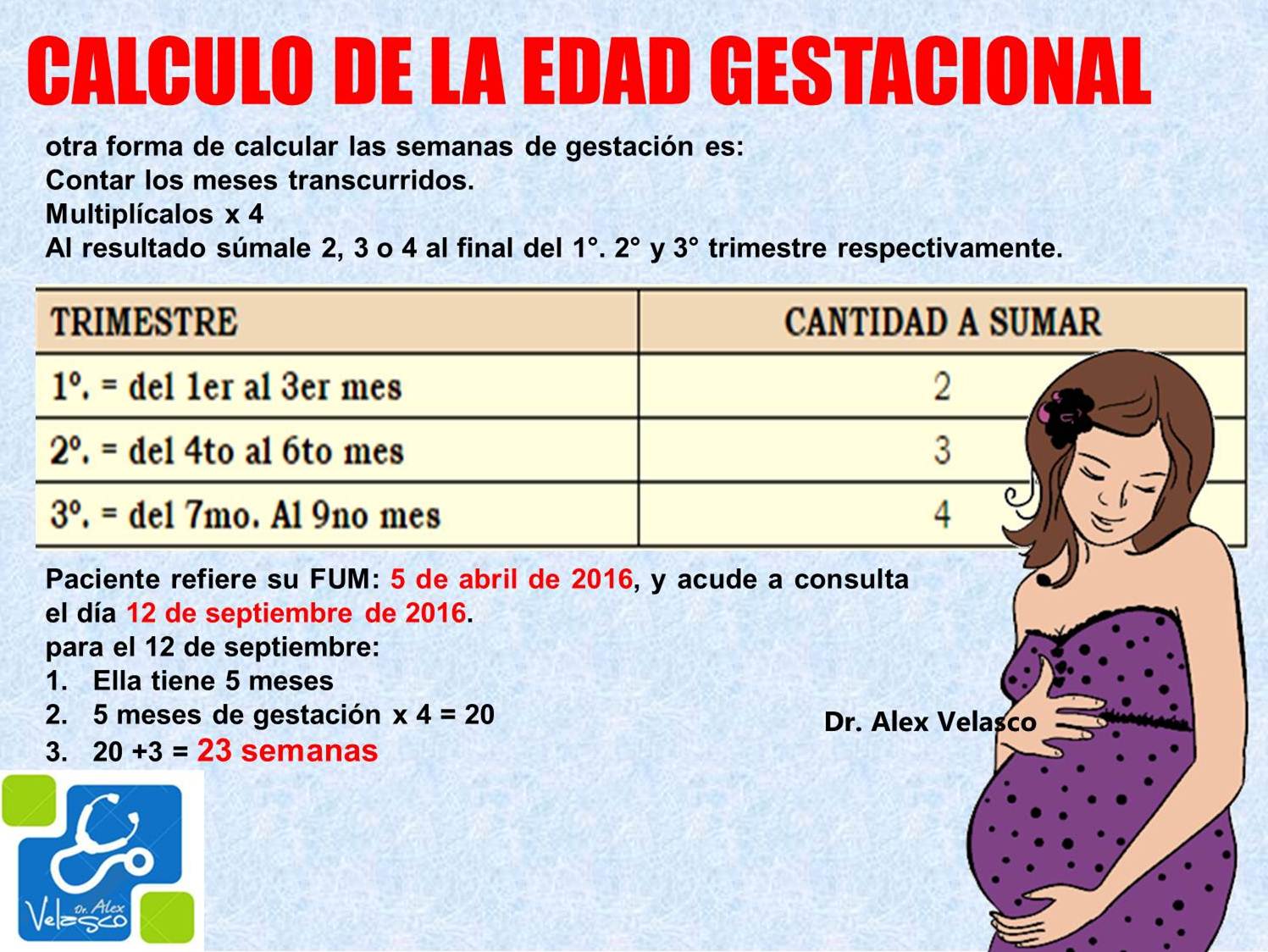Unlocking the Mystery: How to Calculate Pregnancy Weeks
Embarking on the journey of pregnancy is filled with anticipation, wonder, and a touch of mystery. As your body undergoes remarkable transformations, understanding where you are in the pregnancy timeline becomes crucial. One of the most common questions expectant mothers have is, "How many weeks pregnant am I?" Unraveling this mystery is key to tracking your baby's development, scheduling prenatal appointments, and mentally preparing for each milestone.
Calculating pregnancy weeks isn't just about satisfying curiosity; it's a fundamental aspect of prenatal care. Accurate dating of your pregnancy allows healthcare providers to monitor your baby's growth, identify potential risks, and provide appropriate medical guidance throughout each trimester.
While the concept seems simple, pinpointing the exact start date of pregnancy can be tricky. Unlike a due date, which marks the estimated end of your 40-week pregnancy term, the start date isn't always obvious. This is where the fascinating world of gestational age comes into play.
Gestational age, the medical term for pregnancy dating, is calculated from the first day of your last menstrual period (LMP). Surprised? Many women are! It's important to remember that conception typically occurs about two weeks after the first day of your LMP.
Therefore, when healthcare providers talk about pregnancy weeks, they're referring to gestational age, which includes those two weeks before you even conceived. This system provides a consistent framework for tracking pregnancies, even if the exact date of conception remains unknown. Let's delve into the methods used to accurately calculate your pregnancy weeks.
Advantages and Disadvantages of Calculating Pregnancy Weeks
| Advantages | Disadvantages |
|---|---|
| Provides a clear timeline for prenatal care and milestones. | Can be influenced by irregular menstrual cycles. |
| Allows for early detection of potential complications. | May cause anxiety if calculations differ from expectations. |
| Facilitates informed decision-making regarding labor and delivery. | Doesn't account for individual variations in pregnancy length. |
Understanding the advantages and disadvantages helps you approach pregnancy dating with realistic expectations. While calculations provide a valuable roadmap, remember that every pregnancy is unique. Open communication with your healthcare provider is crucial throughout your journey.
In conclusion, knowing how to calculate pregnancy weeks is an empowering tool for expectant mothers. It provides a framework for understanding your baby's development, planning prenatal care, and mentally preparing for each stage of this transformative journey. While calculations offer valuable insights, remember that every pregnancy is unique. Embrace the journey, cherish the milestones, and always consult your healthcare provider for personalized guidance and support.
Black and grey tattoo stencil from vision to ink
Unlocking ancient vibes the greek smiley face keyboard phenomenon
Birthday cake for mom designs flour power moves for the queen














